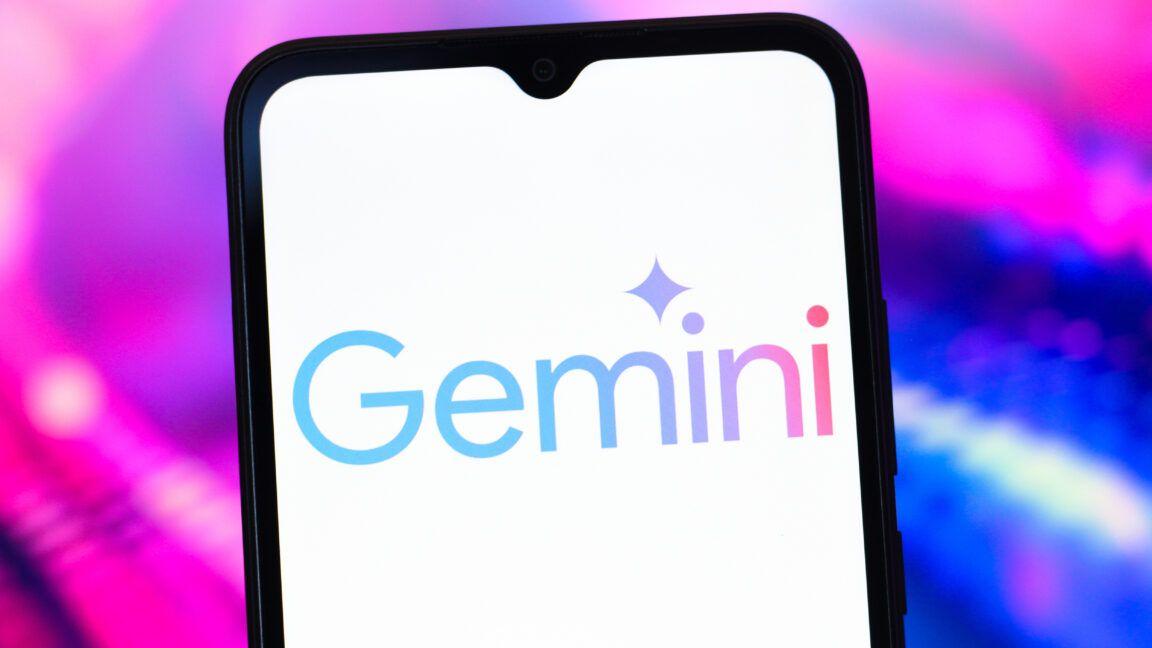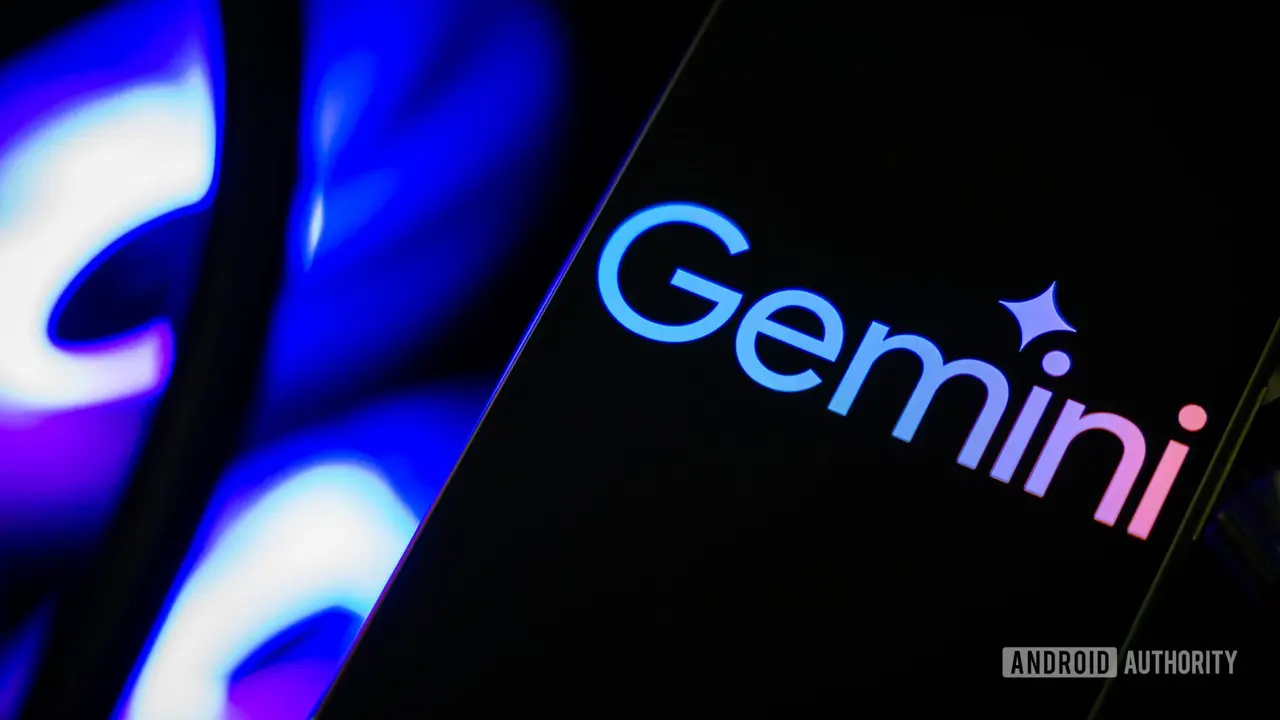Google's Gemini Nano AI Comes to Third-Party Android Apps
2 Sources
2 Sources
[1]
Google Is Opening up Gemini Nano for Android Apps
Google has announced the expansion of access to its Gemini Nano model for Android developers through the AI Edge SDK and AICore. This essentially lets developers use the on-device generative AI capabilities in their Android applications. This doesn't mean that apps could start using Nano instead of a cloud-based model, because it's more complementary than a replacement. Gemini Nano is essentially Google's most efficient model designed specifically for on-device tasks. Gemini Nano has a lot of text-based use, like rephrasing text for tone adjustment, generating smart replies in chat threads, proofreading for spelling and grammar errors, and summarizing lengthy documents. These functionalities are designed to enhance user experiences across different applications. However, it's not meant to fully replace cloud-based models, which are much more powerful and capable of handling complex or open-ended requests. Nano takes over when it can do a job better than the cloud. It will likely take a long time before many apps try Nano instead of cloud processing. This is especially true because it's still in an experimental phase, which means the phone user likely won't see any big changes yet. This is also currently limited to the Pixel 9 series, but there are plans to extend it to more devices. Many Google applications, including Pixel Screenshots, Talkback, and Recorder, have already integrated Gemini Nano. For example, Talkback uses Gemini Nano to give better image descriptions for users with visual impairments. On the other hand, Pixel Recorder uses the model to support longer recordings and make higher-quality summaries. We'll have to wait and see if more apps start implementing Gemini Nano, and whether or not they will replace existing AI models or lead to new features being implemented. In theory, it would be a lot easier (and cheaper) for apps to use Gemini than implementing their own AI models. Source: Google
[2]
Google opens the door to Gemini Nano for all Android apps!
Starting today, all Android app developers can experiment with Gemini Nano using a tool called the AI Edge SDK. The Google AI Edge SDK for Android was previously under a closed early access preview program but is now available for developers working on Google Pixel 9 devices. Support for more devices will be added soon. Essentially, app developers can now experiment with Gemini Nano in their apps. This should open the floodgates for AI integration into many more apps than currently available. At present, Google is only letting developers experiment with text-to-text prompts. The company says support for more modalities (images, etc.) will be added in the future. Even so, more developers can now play around with Gemini Nano to add use cases like rephrasing, smart replies, proofreading, and summarization.
Share
Share
Copy Link
Google expands Gemini Nano, its on-device AI model, to third-party Android apps. This move promises enhanced AI capabilities for a wider range of Android applications.

Google Extends Gemini Nano to Third-Party Android Apps
Google has taken a significant step in the world of mobile AI by expanding its Gemini Nano model to third-party Android applications. Gemini Nano, the lightweight version of Google's advanced AI model, was initially exclusive to Google's Pixel 8 Pro smartphone. Now, this powerful on-device AI is set to revolutionize a broader spectrum of Android apps
1
.What is Gemini Nano?
Gemini Nano is Google's compact AI model designed to run directly on mobile devices. It's part of the Gemini family, which includes larger models like Gemini Pro and Gemini Ultra. The Nano version is specifically optimized for on-device processing, ensuring quick responses and maintaining user privacy by keeping data on the device
2
.Expanding to Third-Party Apps
Google's decision to open up Gemini Nano to third-party developers marks a significant shift in its AI strategy. This move allows app creators to integrate advanced AI capabilities into their Android applications without relying on cloud-based solutions. The integration is made possible through Google's AI Core system service, which will be available on compatible Android devices
1
.Benefits for Developers and Users
For developers, this expansion offers new possibilities in app functionality. They can now leverage Gemini Nano's capabilities to enhance features like text summarization, classification, and question-answering within their apps. Users, in turn, will benefit from more intelligent and responsive applications that can perform complex tasks quickly and securely on their devices
2
.Privacy and Performance Considerations
One of the key advantages of on-device AI is enhanced privacy. By processing data locally, Gemini Nano reduces the need to send sensitive information to cloud servers. Additionally, on-device processing can lead to faster response times and the ability to use AI features without an internet connection
1
.Related Stories
Availability and Requirements
While Google is opening up Gemini Nano to third-party developers, there are some limitations. Currently, the AI Core service is only available on devices with specific hardware requirements, including the Pixel 8 Pro. Google plans to expand support to more Android devices in the future, potentially bringing advanced AI capabilities to a wider range of smartphones
2
.The Future of Mobile AI
This development signifies a growing trend towards more powerful and efficient on-device AI in the mobile industry. As Gemini Nano becomes more widely available, we can expect to see a new generation of Android apps that offer smarter, more personalized experiences while maintaining user privacy
1
2
.References
Summarized by
Navi
[1]
[2]
Related Stories
Google Expands Gemini Nano Access for Android Developers, Enabling On-Device AI Features
17 May 2025•Technology

Google Gemini Enhances Image Sharing and Editing Capabilities
02 Oct 2024•Technology

Google Gemini's Android App Set to Expand Canvas Features, Bringing Desktop Capabilities to Mobile
13 Aug 2025•Technology

Recent Highlights
1
French Police Raid X Office as Grok Investigation Expands to Include Holocaust Denial Claims
Policy and Regulation

2
OpenAI launches Codex MacOS app with GPT-5.3 model to challenge Claude Code dominance
Technology

3
Anthropic releases Claude Opus 4.6 as AI model advances rattle software stocks and cybersecurity
Technology





